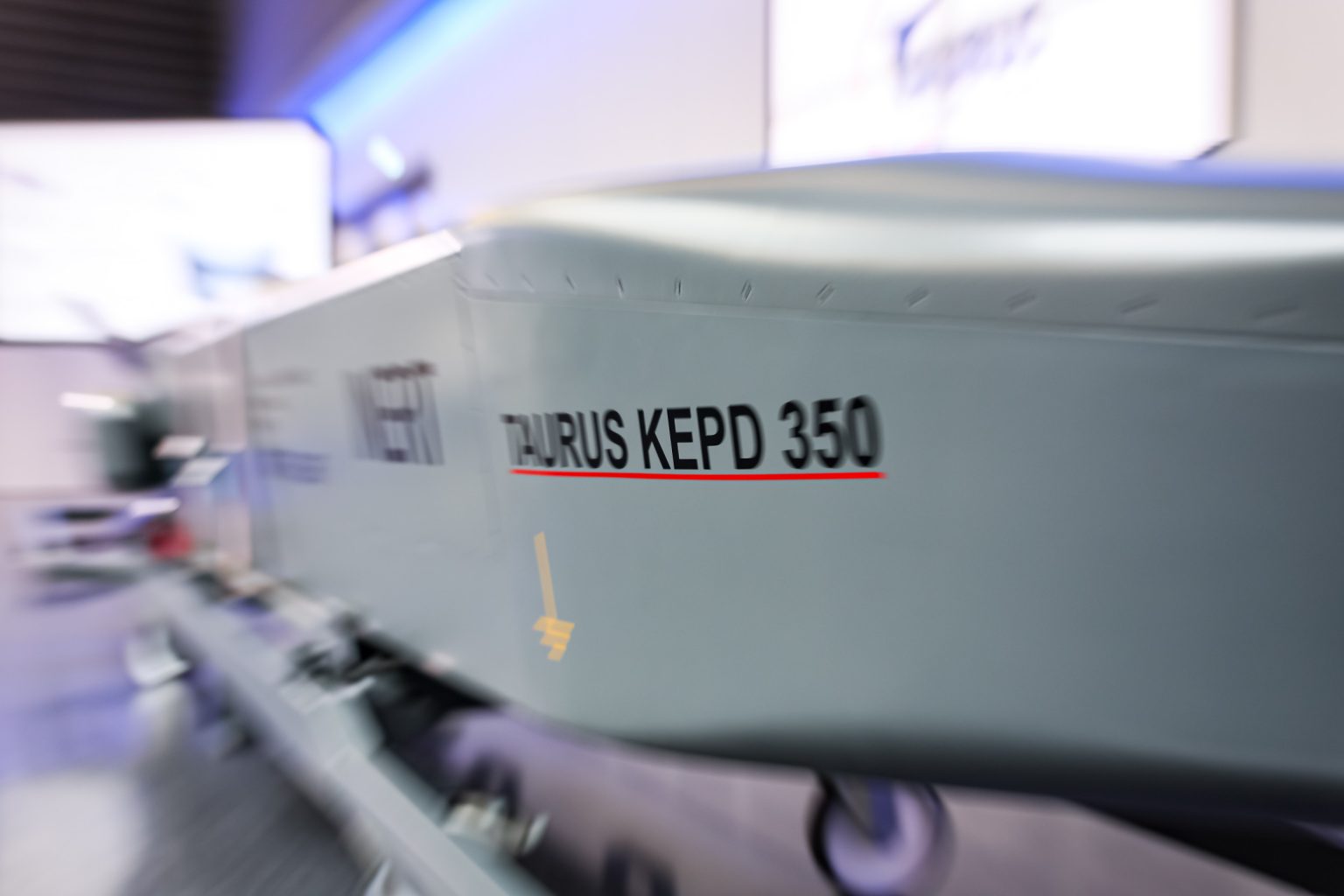German Chancellor Olaf Scholz has refused Ukraine’s request for Taurus KEPD-350 missiles to fight against Russia in order to prevent an escalation of the conflict initiated by Vladimir Putin. The Taurus missile, one of the most modern weapon systems of the German military, is sought by Ukraine to strike Russian targets behind the front lines. However, Scholz has cited various reasons for his opposition including concerns about drawing Germany into the conflict, the need for tactical assistance that goes against NATO efforts to contain the war, and worries about losing access to the technology required for the missile’s use if supplied to Ukraine.
Scholz reiterated his stance in an interview, stating that he must assume his responsibilities in matters of war and peace, as well as security in Europe, including the Taurus issue. He expressed concerns about preventing a war between Russia and NATO with each supply of weapons carefully considered in this context. German defense community also has concerns about supplying the Taurus missile to Ukraine as it would be the main German deep-strike system in case of an Article 5 contingency. There are worries about the depletion of German missile stocks, insights Russians may gain into missile counter-measures, and the need for a rational debate on the merits of delivering Taurus, planning replacements, and aligning defense and deterrence means to support Ukraine.
Ukraine’s Foreign Minister Dmytro Kuleba reported receiving “irritated feedback” from Berlin when requesting the Taurus missiles amid conflicting reasons for Scholz’s reluctance and the threat of escalation. The missiles are considered crucial in striking targets in the occupied areas of Ukraine due to their navigation and guidance system that does not rely on GPS signals, which mitigates the impact of Russian electronic warfare tactics. The Taurus missiles would also play a role in boosting Ukraine’s wartime economy by maintaining pressure on Russia’s Black Sea Fleet and enabling the continued export of grain via the Black Sea.
There are ongoing debates within the German defense community about the potential implications of supplying the Taurus missile to Ukraine, with concerns ranging from operational capabilities and technical support to the risk of revealing sensitive information about the missile to Russian forces. Despite the arguments against providing the missile, there are voices advocating for a rational discussion on the merits of delivering the Taurus to support Ukraine’s defense efforts. The decision not to supply the Taurus missile reflects a complex web of political, military, and strategic considerations faced by Germany in the context of the ongoing conflict between Ukraine and Russia, highlighting the challenges of navigating international relations in times of crisis.
The refusal by German Chancellor Olaf Scholz to supply Ukraine with the Taurus KEPD-350 missile underscores the delicate balance between supporting Ukraine’s defense efforts and avoiding actions that could escalate the conflict with Russia. The concerns raised about potential implications of providing the Taurus missile reflect broader debates within the German defense community about the strategic, operational, and technical considerations involved in supplying advanced weaponry to conflict zones. The decision-making process surrounding the Taurus missile highlights the complex dynamics at play in international relations, where considerations of security, deterrence, and strategic interests intersect with humanitarian concerns and the imperative to prevent further escalation of conflicts.
As the conflict between Ukraine and Russia continues to unfold, the issue of supplying advanced weaponry to support Ukraine’s defense efforts remains a topic of debate and contention within the German government and the broader international community. The refusal to provide the Taurus missile to Ukraine raises questions about the limits of military assistance in conflicts, the challenges of navigating alliances and obligations within NATO, and the complexities of balancing deterrence with de-escalation efforts in volatile geopolitical environments. The implications of the decision not to supply the Taurus missile extend beyond the immediate context of the Ukraine-Russia conflict, highlighting broader issues of arms control, security cooperation, and the role of advanced weaponry in shaping the dynamics of contemporary warfare.


